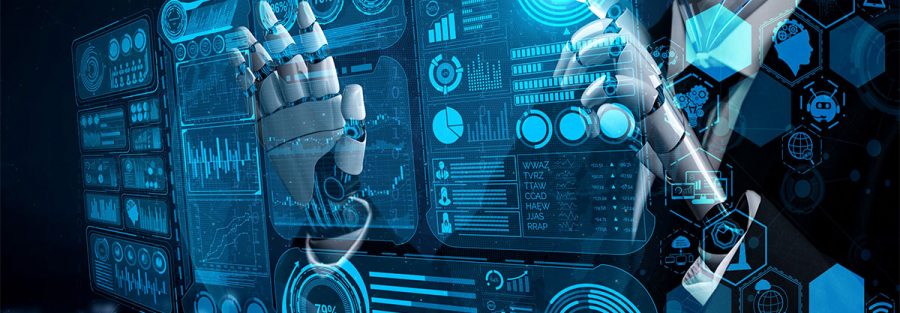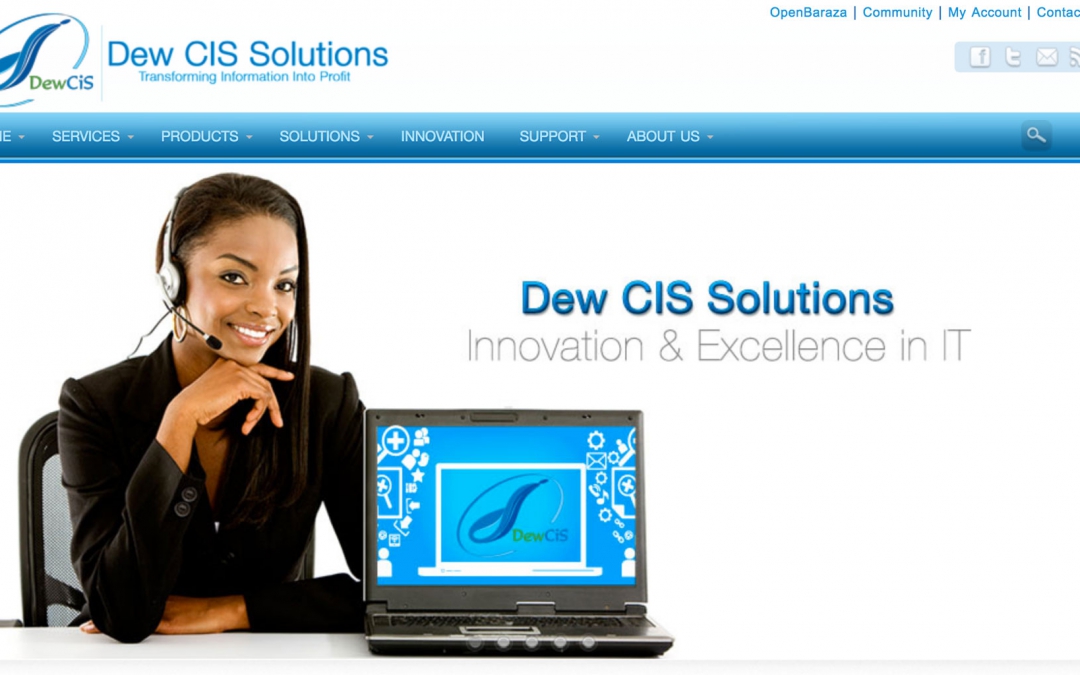The pace of technological change in the previous several decades has been unprecedented, from the birth of the Internet to the arrival of big data and quantum computing. The wheels of the machine that is scientific discovery and invention continue to turn. Furthermore, the planet is undergoing some of the most significant transformations in its history. Moreover, no element of daily life, intellectual pursuits, or economic activities is unaffected.
The way we make, ship, market, and utilize items is always changing—a chain of procedures that covers a wide range of sectors including;
1. Digital Banking
With the rise of digital evolution, every industry has been impacted and thus redefined customer expectations. The digital disruption has seen businesses being transformed and making use of digital technologies. Rather than just putting up a mere website, leading companies use digitization from start to finish by doing product design, service, customer care, marketing, customer lifecycle, sales and online engagement.
Industry leaders not only use technology and processes to increase productivity and reduce costs, but they also use digital technology to develop new services, improve customer service, increase revenue, improve business models and products. Successful industries now have a comprehensive digital strategy to determine how to use digital technologies in all business aspects.
2. Internet of Things (IoT) Connecting Everything
According to the Harvard Business Review, IoT is a major transformative wave of innovation. The previous wave of change was mainframes and minicomputers, as well as the rise of the Internet. Internet-connected devices with embedded sensors that can provide actionable information will continue to grow at an exponential rate. These platforms will connect smart machines and smart everything in a collaborative ecosystem.
The Gartner Group refers to it as the “digital grid.” With the rapid growth of the installed base of IoT terminals, information technology (IT) must integrate IoT terminals, mobile devices, wearable devices, consumer equipment, transmission equipment, environmental equipment, etc. Information Technology integrated with IoT into business applications and analytics will provide meaningful insights into business processes and operations.
3. Mobile
Mobile devices remain a strong trend in the future and they are continually integrated into our daily work and personal life. Consumers want to be able to communicate and conduct business with companies through their smartphones, laptops and tablets and they’re wearable devices. The number of mobile devices so far exceeds the number of laptops and desktops that are currently used, and customers are more likely to access applications through smartphones or mobile devices than through PCs.
As mobile device sales increase, so has the variety and number of downloaded mobile applications. Businesses in all industries are using mobile devices to increase customer engagement, boost sales and build customer loyalty. This is done by the use of technology that supports a rapidly changing mobile workforce and customers. It is expected to see the mix of mobile devices, smart devices, and the Internet of Things across all industries and functions.





